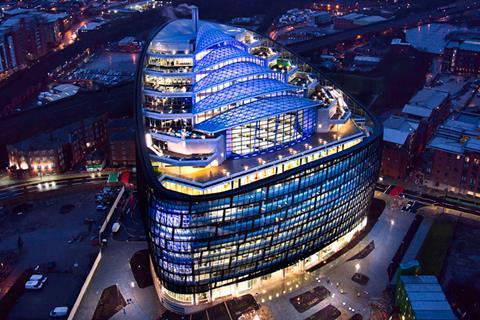
The Co-op is to slash spending on change and transformation projects in 2023 by £47m as part of cost-cutting measures that have prompted the round of redundancies at its head office.
News of the redundancy plan – which could affect 400 staff – emerged last week but The Grocer has since seen a communication from CEO Shirine Khoury-Haq to staff that provides more clarity on the move.
In the note Khoury-Haq said that “whilst our businesses are performing well, our trading environment remains challenging. So, we need to be agile and responsive to the environment we’re working in, and do all we can ensure that our Co-op is commercially sustainable for the future.
“Last week we announced some proposed changes to our ways of working to support the delivery of our strategic priorities. This includes stopping work that doesn’t support those priorities, or doesn’t support us trading, or staying safe and legal,” she added.
As an example of the changes, Khoury-Haq cited the reduction in transformation and change activity, which she said equated to about 40% of its capex plans. This reduction in spend was directly linked to the job cuts.
Read more:
-
Co-op to cut 400 jobs amid rising cost pressures
-
Retailers highlight vacancies to Co-op staff affected by job cuts
-
Nisa staff under redundancy threat seeking new jobs
-
Nisa CEO promises overhaul of cost structure in bid to boost retailer appeal
The move will see 800 roles affected at the society’s 4,000-strong Angel Square head office in Manchester. Of this number, about 280 are vacancies that have yet to be filled. The proposals will also create between 145 and 180 vacancies.
“For those colleagues directly affected by the work, we have now completed all individual conversations and we are entering into a period of consultation which will run until early September, and sadly, when this ends, we expect around 400 colleagues will leave our Co-op,” said Khoury-Haq.
In response to the initial redundancy story a Co-op spokesman said: “At our last set of annual results, we shared that as part of our strategy, making our Co-op more efficient and cost-effective was a priority.
“The tough trading environment, including rising inflation, means we have taken the difficult decision to bring forward some of the changes we had planned for 2023.”
Figures from its latest set of annual accounts show the Co-op ended 2021 with net debt of £920m compared with £695m coming out of the 2019 financial year.
While the Co-op seems intent on driving down net debt and improving its cash position it is understood to have invested between £2bn-£3bn on change programmes across its food, funeralcare and insurance businesses in recent years. This includes the acquisition of Nisa as well as the rollout of its e-commerce business and franchise operation.







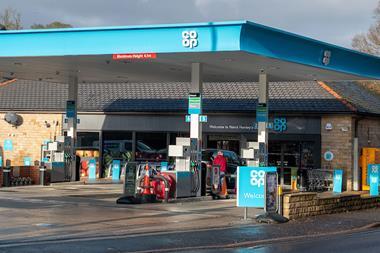


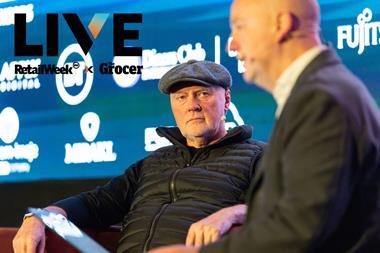
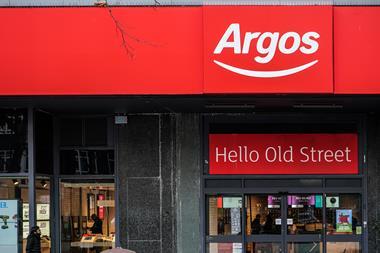


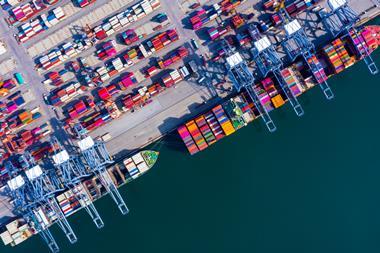

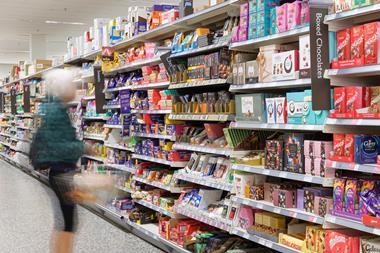
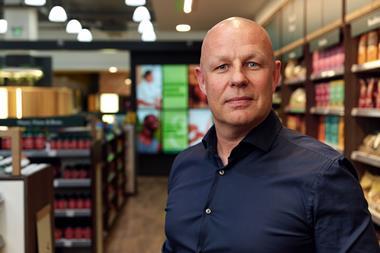

No comments yet